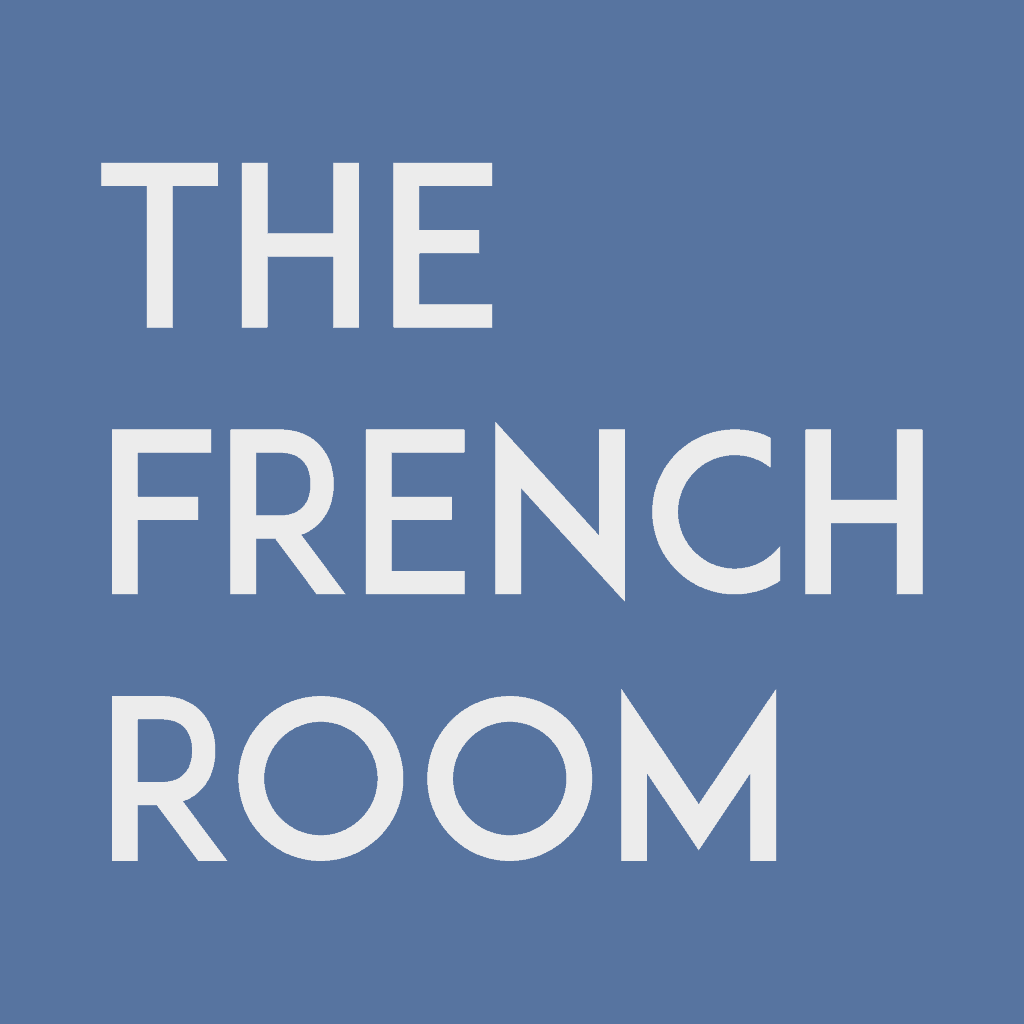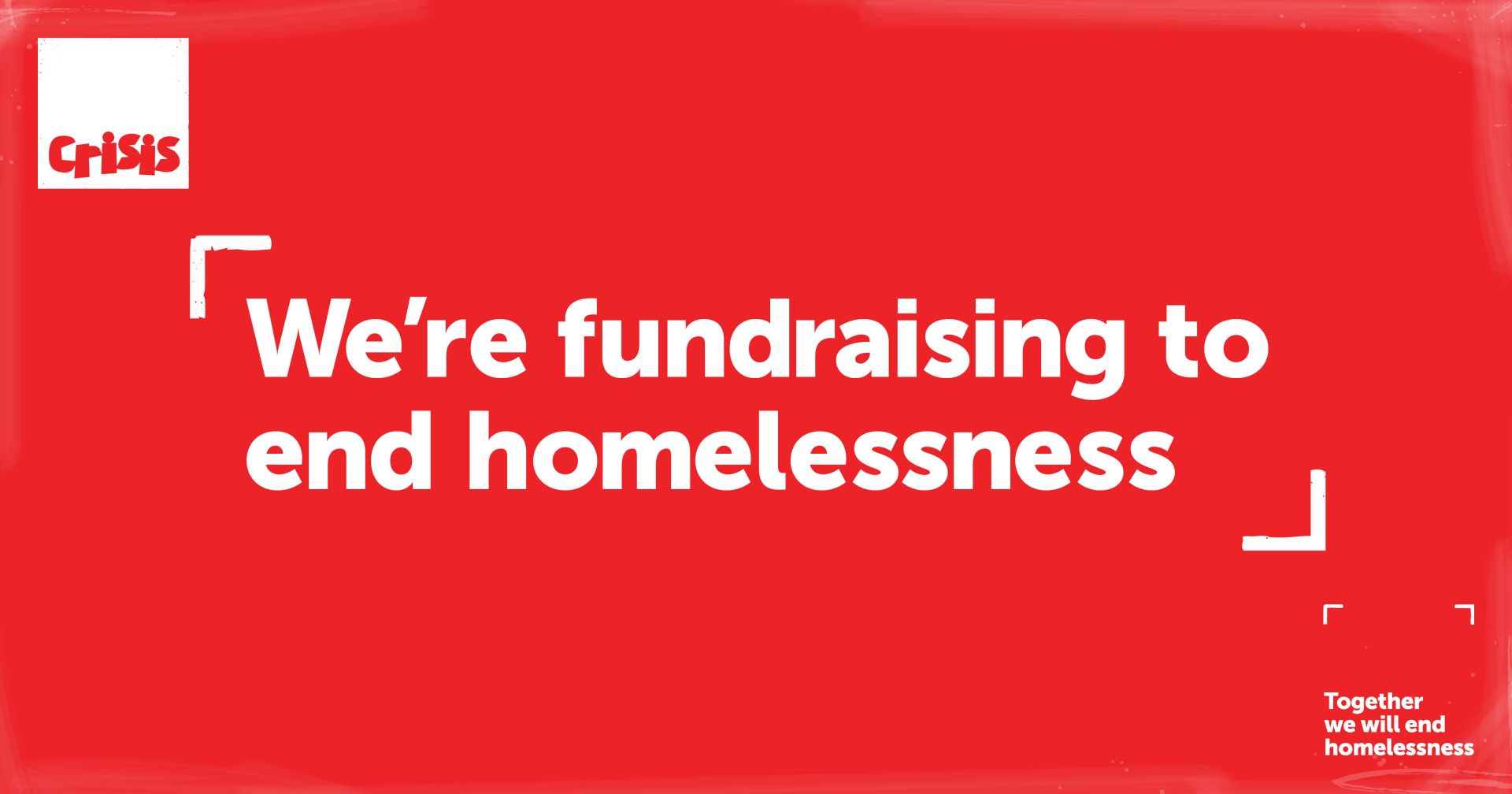I think once you realise it’s actually possible to speak French, that alone is hugely motivating. And let’s be honest—it’s a pretty sexy, sophisticated language. Being able to speak it feels cool. There’s something about the sound of it that’s just… delicious.
People often describe learning French as like solving a beautiful puzzle. I’d agree with that. It’s a solvable problem—and it’ll keep you out of mischief for years.
It’s also a bit mindful. When you’re deep in a grammar structure or trying to perfect a tricky sound, your brain isn’t racing ahead to everything else. You’re focused. Present.
And there are so many little signals of progress—tiny wins that remind you how far you’ve come. Of course, there are those rollercoaster moments too, where one day you think you’re absolutely flying and the next you’re convinced you’ve forgotten everything. But maybe the awful moments make the good ones sweeter.
The friendships. I didn’t expect people to form real, lasting connections—not just with me, but with each other.
People have gone on holiday together. They’ve travelled across continents to meet up. Have gone cycling together, meet up for coffees all sorts of things. And hearing about those moments—honestly—they mean everything.
Over the years, I’ve been invited to weddings, on holidays and celebrations—not just as a teacher, but as a friend. That’s something I never expected, but I really value.
I’m surprised by people all the time. One woman in a Level 2 class comes to mind. In class, she was quite mechanical with her French—always reading from her notes, not quite confident enough yet to just speak freely. Or so I thought.
She came along to a speaking event I organised where everyone had to pretend to be market sellers—and she just switched into fluent French. I couldn’t believe it. It was like something unlocked. That’s the power of confidence and the right setting. It brought out a whole side of her I hadn’t seen.
On the flip side, I once made small talk in English with a particularly nervous student before class. She was so anxious that she thought I’d spoken to her in French and panicked because she didn’t understand—when in fact, it had been English the whole time.
Moments like that remind me how much of this is about mindset. Frame of mind can completely shape what you think you’re capable of. It still amazes me.
The groups have been amazing. They’re naturally supportive. When someone’s struggling, others lift them. When someone has a breakthrough, it inspires the rest.
And there’s a lot of laughter. That really matters. It’s easier to learn when you feel relaxed and seen.
But, it's anytime people come together really. Over the years we've had soirées, wine tastings, cook-alongs, weekly quizzes, book clubs, holidays, charity events and picnics. Luckily for me it has always flowed fairly easily as people get involved and get to know each other without much awkwardness.
That I love being part of people’s lives—not just teaching them. And that I need to feel useful and connected, not just busy or productive.
I’ve learned I’m more intuitive than I realised. The teaching approach I use wasn’t based on pedagogy books—it just felt right. Turns out it aligns closely with evidence-based methods. That was reassuring. But I trusted my gut first.
Yes—I’ve nearly stopped so many times. Summer is particularly hard. It’s like everyone vanishes. The only year that didn’t feel like that was during Covid, which says a lot.
It happens every year, but it doesn’t stop that little voice of doubt creeping in. “Maybe I should just go out and get a proper job.” It’s very real.
But every time I think that, things pick up again. New people find their way in. Long-time students return to their rhythm. Sometimes a company gets in touch. And just like that, we’re back in the swing.
I’ve thought about closing the school for the summer. But for some people, that would completely disrupt their routine—and we all know how hard it is to re-establish good habits. So I haven’t done it yet.
I come from a background in process engineering for government, and supply chain work at Tesco. So I’m used to thinking in terms of hundreds of thousands of customers—designing systems that treat everyone fairly and efficiently.
For a while, I thought that’s what I’d do with The French Room too—create clever processes and use tech to scale everything up.
But actually, that turned out to be completely counter to what I’m doing here.
This is about getting to know my students. Adapting to their own natural, often non-linear way of learning. Sometimes I create a Tuto with one or two specific people in mind. It’s personal.
I’m not working for a big corporate machine now. I’m working with individuals who often become friends. So I sat down and thought: how many people can I really look after in the way my students have come to value?
The number I came to was 250. That’s about a Ryanair plane full of people flying between the UK and France. That feels just right.
The name The French Room actually came from a student suggestion. My son designed the logo. One student once organised a group holiday. Others have written reviews, taken beautiful photos for the website, made introductions, given generously at fundraisers.
People have filled in surveys, offered feedback, and jumped in to try out all sorts of ideas I’ve floated—some conventional, some slightly mad. And through it all, they’ve helped shape this into something far better than I ever could have created alone.
I never wanted this to be "mine" particularly, I'm more interested in having the freedom to teach in ways that I think will have lasting results for people in a way that will make them feel good whilst they are doing it. I think learning with friends is more fun than being on your own.
I don’t believe anyone can think in terms of ten-year plans. The world’s changing too fast.
But I do have a really clear feeling of what I want The French Room to give and be —because I’ve felt it before.
When I was a student at a Cambridge college, I fell in love with learning in a way that hadn't experienced at school . That's why a recent comment from a student lit up my day; they said "I've fallen back in love with learning French thanks to Ellie".
My 6th form years in Cambridge were intellectually stimulating and challenging, but also fun. There was always laughter, and many philosophical conversations over sandwiches and coffee.
It felt grown-up and relaxed at the same time with infinite potential. That mix of high standards and genuine enjoyment. That’s what I want The French Room to be. A space for people who are curious, thoughtful, and enjoy learning—not just to pass a test, but because they love the feeling of discovery.
Ten years ago, I believed that learning a language took forever—and sometimes, for some people, it was just impossible.
I don’t believe either of those things anymore.
I’ve seen too much proof to the contrary. People starting from scratch and becoming reasonably fluent in a few years. The only thing that makes it impossible is if you believe it’s impossible.
But if you can turn that belief on its head—it’s incredible what becomes possible. And it can happen at any stage of life. I’m teaching people in their 80s right alongside ambitious 20-year-olds.
Like I said before, confidence and self-belief are everything.
The hardest part has been building Bonjour Brilliance. I had a clear vision for it—I knew what I wanted it to do—but explaining it and making it feel accessible has been really tough.
That’s partly because the usual linear style of language learning didn't work for me and I want to show people what I know does work. I created a set of learning libraries—pillars of French that people can explore. In my live classes, it’s easy to explain why we zigzag between grammar, pronunciation, listening, vocabulary and real-life scenarios. It feels organic. But when that same approach is presented in a structured online platform, it can feel daunting.
Those zigzags are now a feature, not a bug -the method echoes real life more than any textbook could.
Layering in variety, fun, relevance, and culture—without overwhelming or guilt-tripping students—has taken a lot of trial and error.
The second hardest thing? Trying to grow while keeping that deep personal connection with everyone. That’s why I eventually decided to limit the school to 250 students, including Bonjour Brilliance learners. I want to be involved and in touch. That’s the part that matters most to me.
When someone says, “I didn’t think I could do this.” When they surprise themselves. When they enjoy grammar. That’s what I’m proud of.
Seeing Bonjour Brilliance work now—it’s making a real difference. And knowing the approach I’ve stayed loyal to has helped build genuine confidence? That’s deeply satisfying.
There are three things I’ve seen work again and again.
-
Live classes, at whatever frequency suits you. They keep things fresh and make speaking feel real.
-
Bonjour Brilliance—just 10–15 minutes a day goes a long way.
-
Community—that’s where the richness is. The support, the warmth, the shared joy.
Before I set up The French Room, I used to change jobs every couple of years. I’ve done all sorts—been a wine buyer at Tesco, worked in a design agency, run big projects… I was even responsible for Blue Badges for disabled people at one point.
But always, after a couple of years, I’d get restless.
This year marks ten years at The French Room.
I think that says it all.
Ten years ago, I believed that learning a language took forever—and sometimes, for some people, it was just impossible.
I don’t believe either of those things anymore.
I’ve seen too much proof to the contrary. People starting from scratch and becoming reasonably fluent in a few years. The only thing that makes it impossible is if you believe it’s impossible.
But if you can turn that belief on its head—it’s incredible what becomes possible. And it can happen at any stage of life. I’m teaching people in their 80s right alongside ambitious 20-year-olds.
Like I said before, confidence and self-belief are everything.
If you would like to meet me to talk about your French please either email on ellielouis@gmail.com or book one of my free consultations here >


